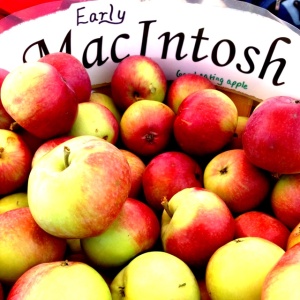I don’t watch Master Chef any more. It’s not that I don’t love a good cooking competition. It isn’t the quality of the cooking, the expertise of the chefs, or the contestants. I just got sick of the yelling, the swearing, the demeaning comments, and the this-isn’t-me-chef-I-can-do-much-better groveling. Not just one of the judges, but all of them reacted to failed dishes as if the cook created the fiasco just to insult their palates. Tears, shame, anger. All over a culinary attempt gone awry. The meanness of it all killed the entertainment value of it for me.
I’ve worked in many restaurants over the years, and worked with many chefs and cooks. Swearing doesn’t bother me, and I don’t find the off-color humor insulting – it’s just the culinary environment (and I’ve got quite a colorful vocabulary myself). But there’s a difference between this kind of back and forth among the staff and what goes on in front of the camera: the one is hospitable, the other destructive. Both end in fantastic food on a plate, but one nourishes the soul while the other shreds it.
Eating and drinking are necessary, life-sustaining daily acts. Preparing a special meal or enjoying one at a favorite restaurant is meant to be a gift of nourishment and hospitality. Nowhere do I see this truth in the judges and their treatment of the home chefs. Perhaps it’s really there, just edited out to increase the drama and ratings. Perhaps honest advice and criticism without an insult wouldn’t get good ratings. Perhaps it’s all just part of the media game. Perhaps, perhaps, perhaps. But something’s gotten lost.
In many cultures, hospitality toward family, friends, and strangers is a sacred practice. In scripture, being hospitable to anyone who sits at the table was considered a faithful act. Who knew what angels we might entertain, disguises as strangers?
Angels or not, I don’t want my zeal for producing a delicious meal to turn a life-sustaining activity into the soul’s punishment.
Gracious God, make my heart hospitable and my table the same. Amen.






